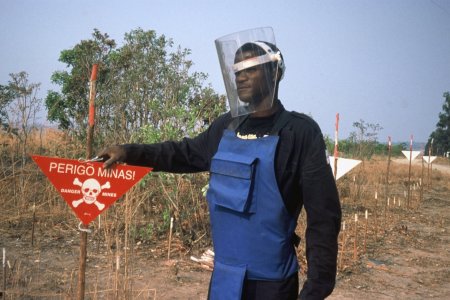 Opinion
Opinion
Transitioning to national ownership : the case of Humanitarian Mine Action
07/23/2015Should eventual transition from internationally managed programmes to national ownership always be a relevant and/or realistic goal?
 Opinion
Opinion
Should eventual transition from internationally managed programmes to national ownership always be a relevant and/or realistic goal?
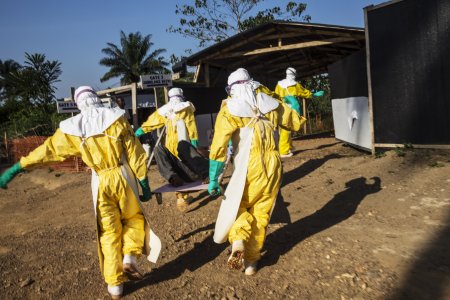 Anna Surinyach
Opinion
Anna Surinyach
Opinion
Bertrand Taithe (HCRI, University of Manchester), Juliano Fiori (Save the Children UK) and Michaël Neuman (MSF-Crash) discuss the important role of constructive criticism in the future of humanitarian assistance.
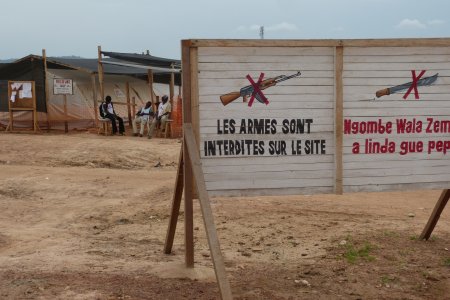 Samuel Hanryon
Opinion
Samuel Hanryon
Opinion
Is there anything fundamentally new in the security challenges faced by humanitarian organisations? When looking at the history of humanitarian assistance, as far back as the late 1800s, 'medical care' was operating under fire.
Humanitarian Affairs Advisor for the Canadian section of MSF, Clémentine Olivier reviews a recently published OCHA report 'Saving Lives Today and Tomorrow' (March 2014).
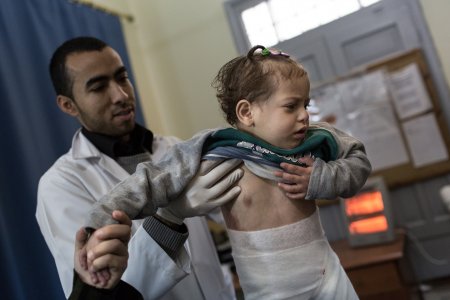 Chris Huby
Opinion
Chris Huby
Opinion
A few days after the start of the operation 'Protective edge', Jonathan Whittall, Head of Humanitarian Analysis at MSF posted an opinion in which he questions MSF's role in Gaza. Michaël Neuman, Director of research at MSF Crash responds.
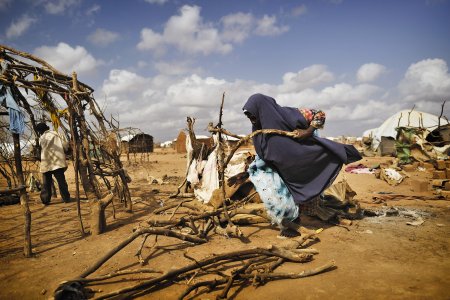 Lynsey Addario
Opinion
Lynsey Addario
Opinion
While MSF has just recently launched a report, 'Where is everyone?', aiming at exposing the limitations and deficiencies of the international aid response to crises, Bertrand Taithe (HCRI) asks whether the approach taken and the question asked are the right ones.
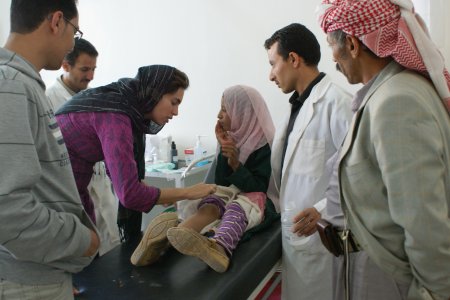 Saoussen Ben Cheikh
Opinion
Saoussen Ben Cheikh
Opinion
Michaël Neuman has just published paper, in Humanitarian Exchange Magazine focusing on the exposure to risk for medical personnel working in MSF projects in Yemen.
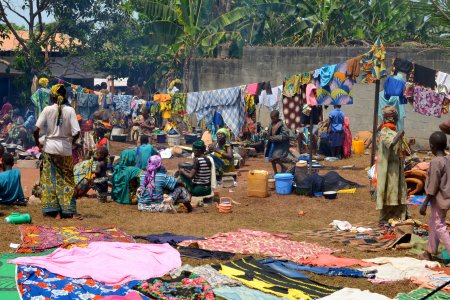 Remi Djian
Opinion
Remi Djian
Opinion
For a few months now, the world's response to the organized expulsion of the Muslim community out of the Central African Republic (CAR) can best be described as strikingly mute.
 Cédric Gerbehaye
Opinion
Cédric Gerbehaye
Opinion
Claire Magone has just published a paper, in Humanitarian Exchange Magazine #60 focusing on gender-based violence (GBV) in humanitarian crises.
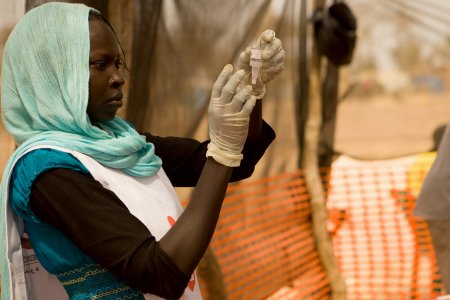 Karin Ekholm
Opinion
Karin Ekholm
Opinion
The social rejection of the polio eradication campaign in endemic countries challenges an assumption underlying the goal itself: the full compliance of an entire population to a public health programme.
 Jun Aoki
Opinion
Jun Aoki
Opinion
John Tucker exposes his opinion of some aspects of MSF security management in the Kenyan capital. In particular, he asks: how to balance the benefits of a lower exposure to risks and the issues raised by the restrictions to one's individual freedom.
The chances of a person to receive life-saving health care inside Syria today are defined by the side of the front-line in which they happen to be. It is the consequence of deliberate choices made by those who hold the guns, and also of the operational compromises accepted by aid agencies themselves.